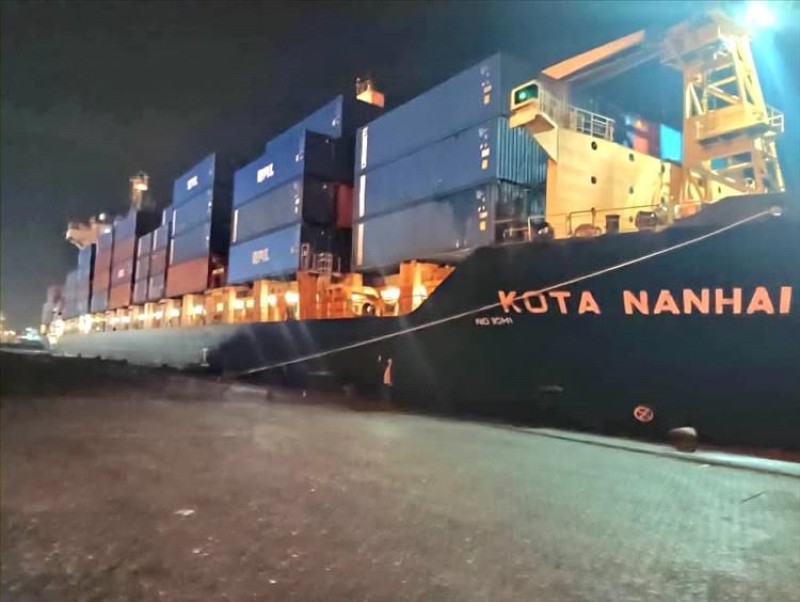Yemen Food Security Outlook, October 2020 to May 2021


Conflict, economy, and typical lean season expected to drive deteriorating food security in many areas
Key Messages
In Yemen, conflict continues to drive poor macroeconomic conditions and disrupt livelihoods, reducing access to food and income. Though the recent harvest in some areas is expected to have improved food access for many households, Crisis (IPC Phase 3) outcomes remain widespread. Emergency (IPC Phase 4) outcomes are likely to re-emerge in some areas in the February to May 2021 period as the lean season progresses. Overall, an estimated 17 to 19 million people are expected to be in need of humanitarian food assistance throughout the projection period. While not the most likely scenario, Famine (IPC Phase 5) would be possible in the event that food imports are significantly disrupted for a prolonged period of time.
As of September 2020, the Yemeni Rial continued to depreciate in southern areas, contributing to further increases in already above-average prices of food and non-food commodities. The Rial depreciated by 4-5 percent in southern areas from August to September, reaching 793 YER/USD according to data from FAO. According to data from UNVIM, food imports through the Red Sea Ports of Al Hudaydah and Salif have maintained relatively higher levels in recent months, with the July to September 2020 average 65 percent higher than the average from the preceding months from January to June 2020. Despite this, concern is mounting over the possible suspension of Yemen’s import financing mechanism.
Fuel shortages ongoing since June continue to impact Yemen, particularly in the north. From June to September 2020, average monthly fuel import levels were 60,000 MT, only one-third of the January-May 2020 average. Prices of diesel and petrol remain 13 and 14 percent higher, respectively than prices six months ago. This is impacting typical livelihood activities including in agriculture and transportation and is putting further upward pressure on food prices given the importance of fuel for agricultural production, food processing, and transport.

Sana’a – The occupied Yemeni capital Sana’a is witnessing mounting economic panic and a sharp collapse in the real estate market…

Aden – The vessel Kota Nanhai departed Al-Mualla Container Terminal at Aden Port this evening after completing the unloading of 457 standard…

Aden — Yemen’s Presidential Leadership Council Chairman Rashad al-Alimi held talks with Central Bank Governor Ahmed Ghalib to review th…